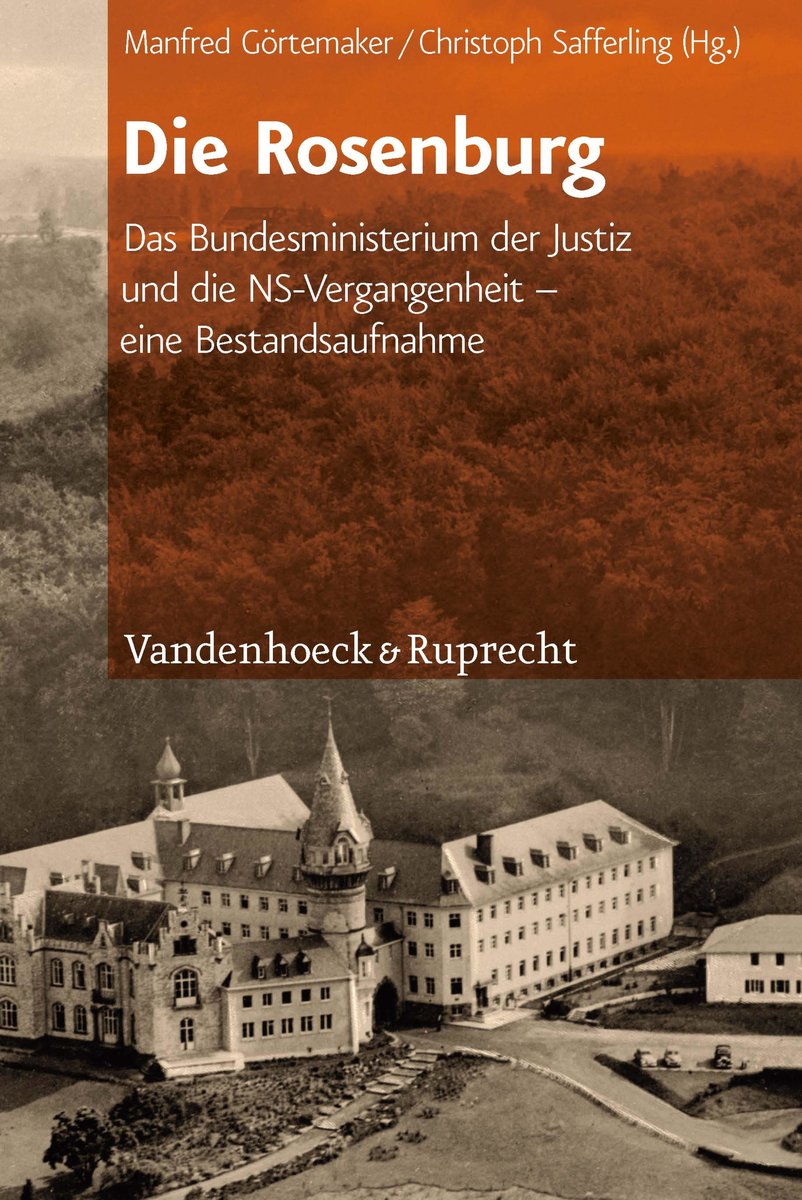The question of how German government agencies and ministries had been dealing with the Nazi-Past in the immediate aftermath of the war, has most recently attracted a high amount of attention. This development was stimulated by the study "Das Amt", published in 2010, discussing the Nazi-Past of the German Foreign Office. Continuity and changes in terms of institutions and personnel have been put into the focus of the discussion as well as substantive aspects of the policy of the first post-war governments in Germany. Several federal ministries and agencies have established commissions, in order to research their own history through independent scholars. Also the Federal Ministry of Justice has chosen this way in order to learn more about its national-socialist continuities.The several articles of this volume address different aspects of the way from the Nazi-legal system to the judiciary of the early Federal Republic of Germany. A main focus is put on the development of the Federal Ministry of Justice, which was residing in the so called Rosenburg in Bonn from 1950-1973. Issue is taken with questions of personnel, like recruitment and promotion policies, but also with crucial issues of legal policy, like the development of the German Constitution after 1948/49, the legislative power in the "Third Reich" and the early Federal Republic of Germany, the prosecution of war criminals in the immediate aftermath of the war, the beginning of criminal law policy in the Ministry as well as the developments in economy and family law.The "Independent Academic Commission at the Federal Ministry of Justice for the critical study of the national socialist past", so named by its official title, has hosted an academic symposium on April 26, 2012 in the "Kammergericht" in Berlin. The papers collected in this volume were mostly presented at that one-day symposiu.


